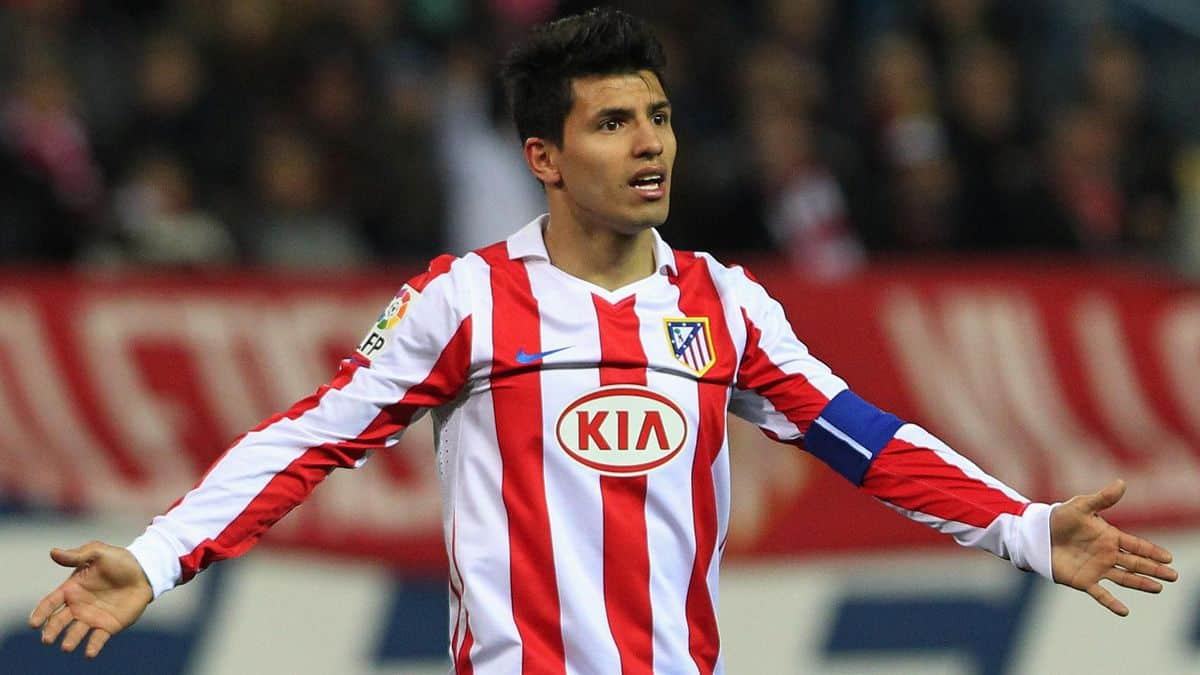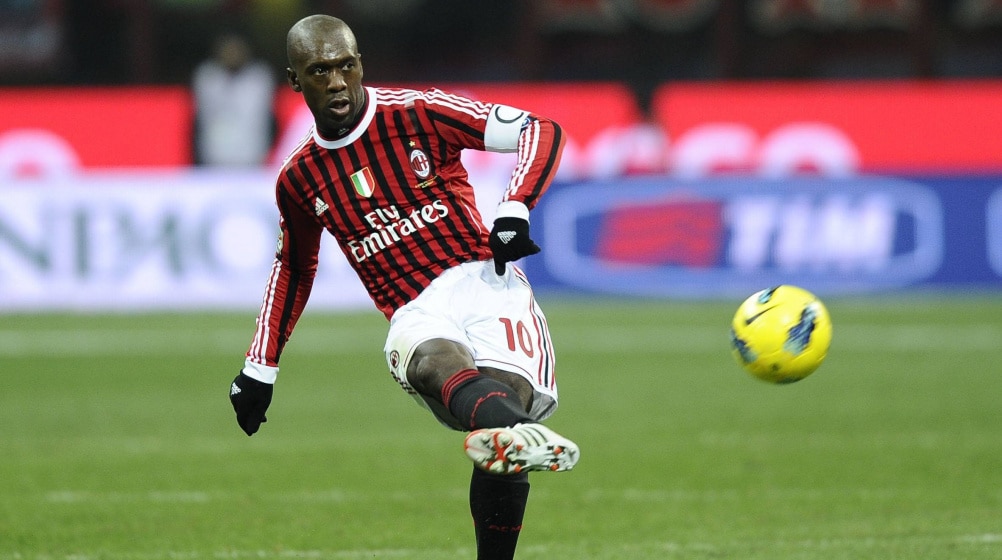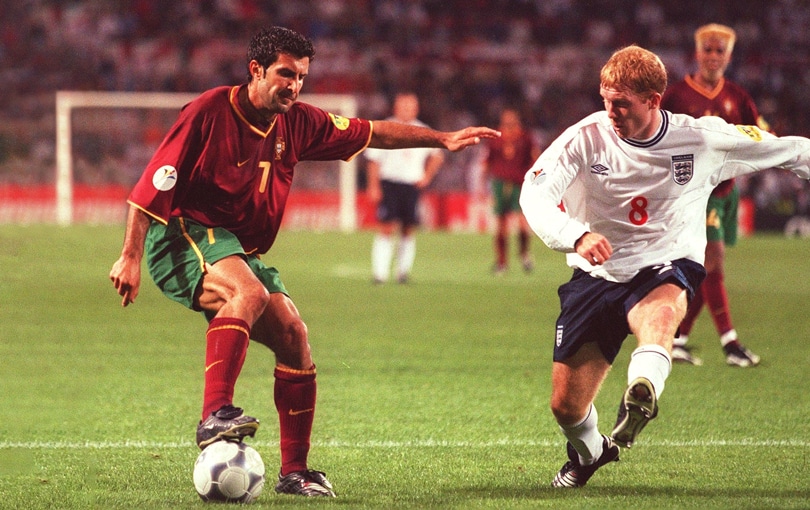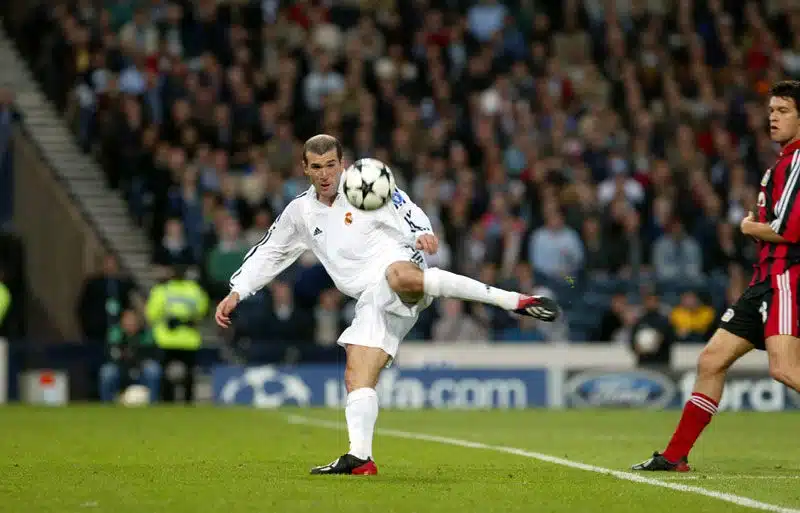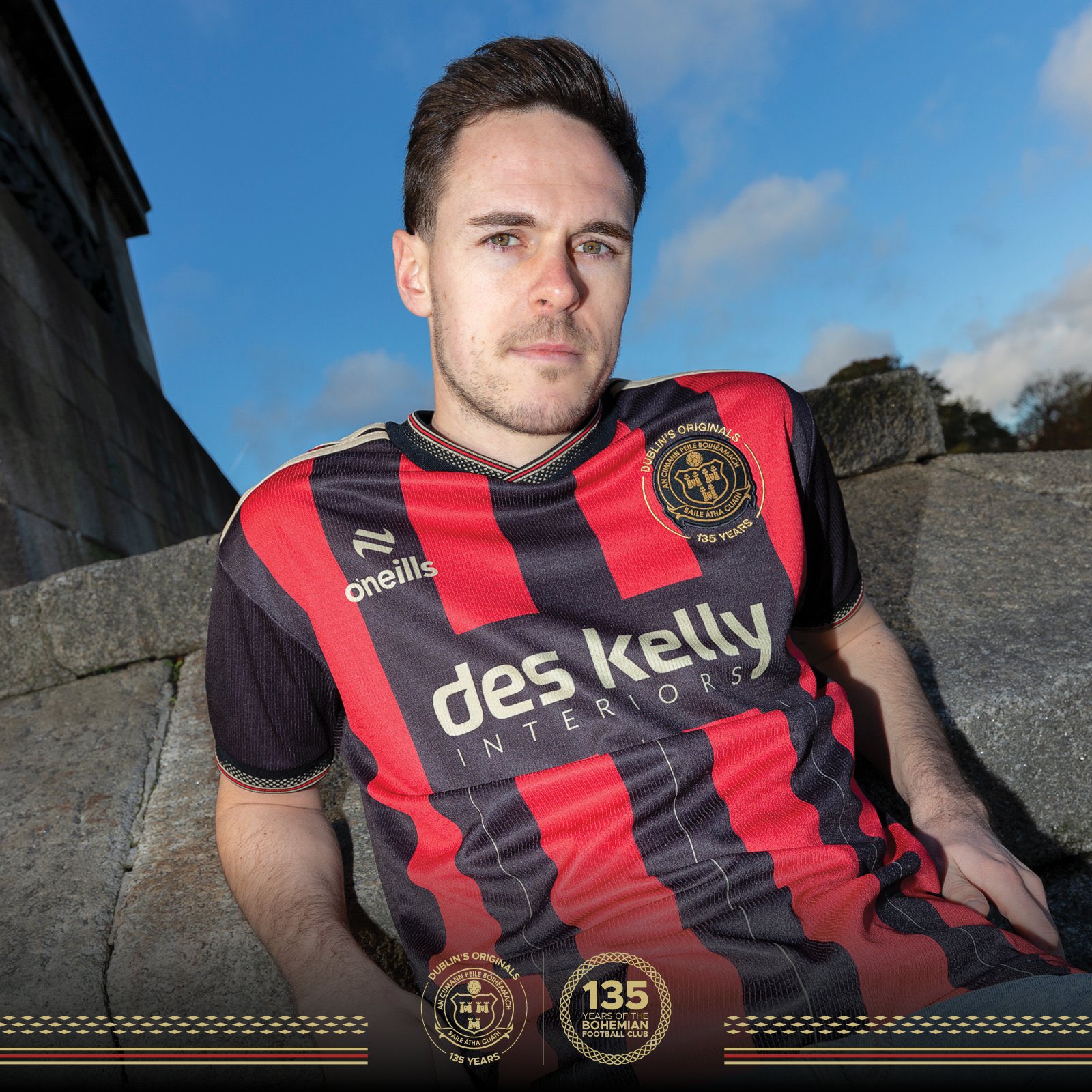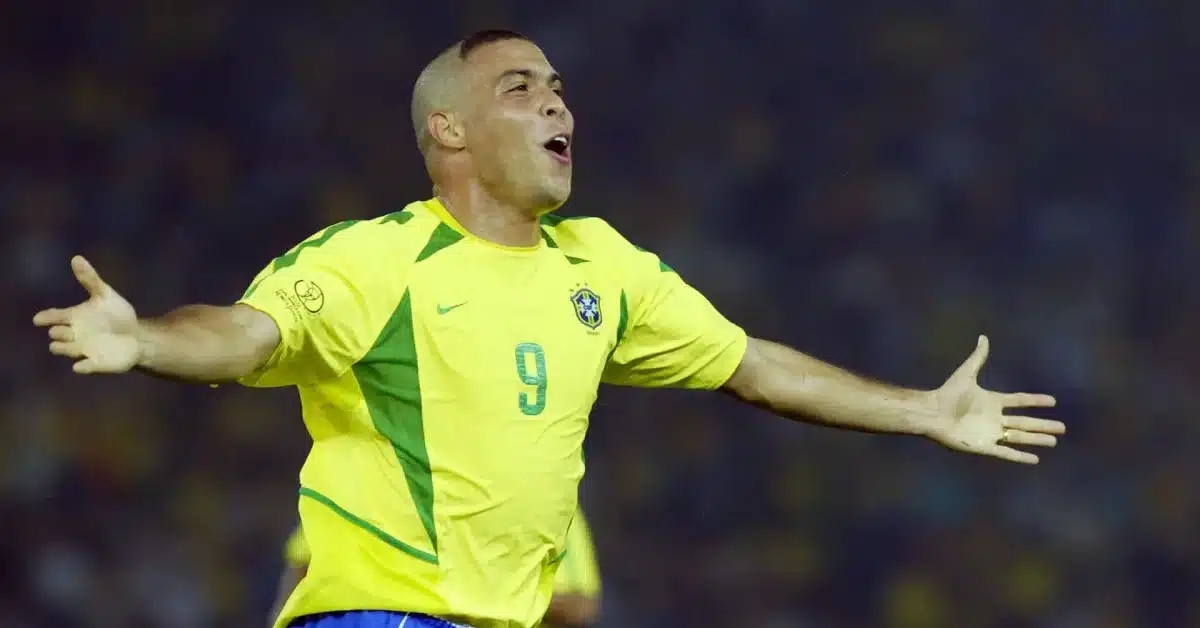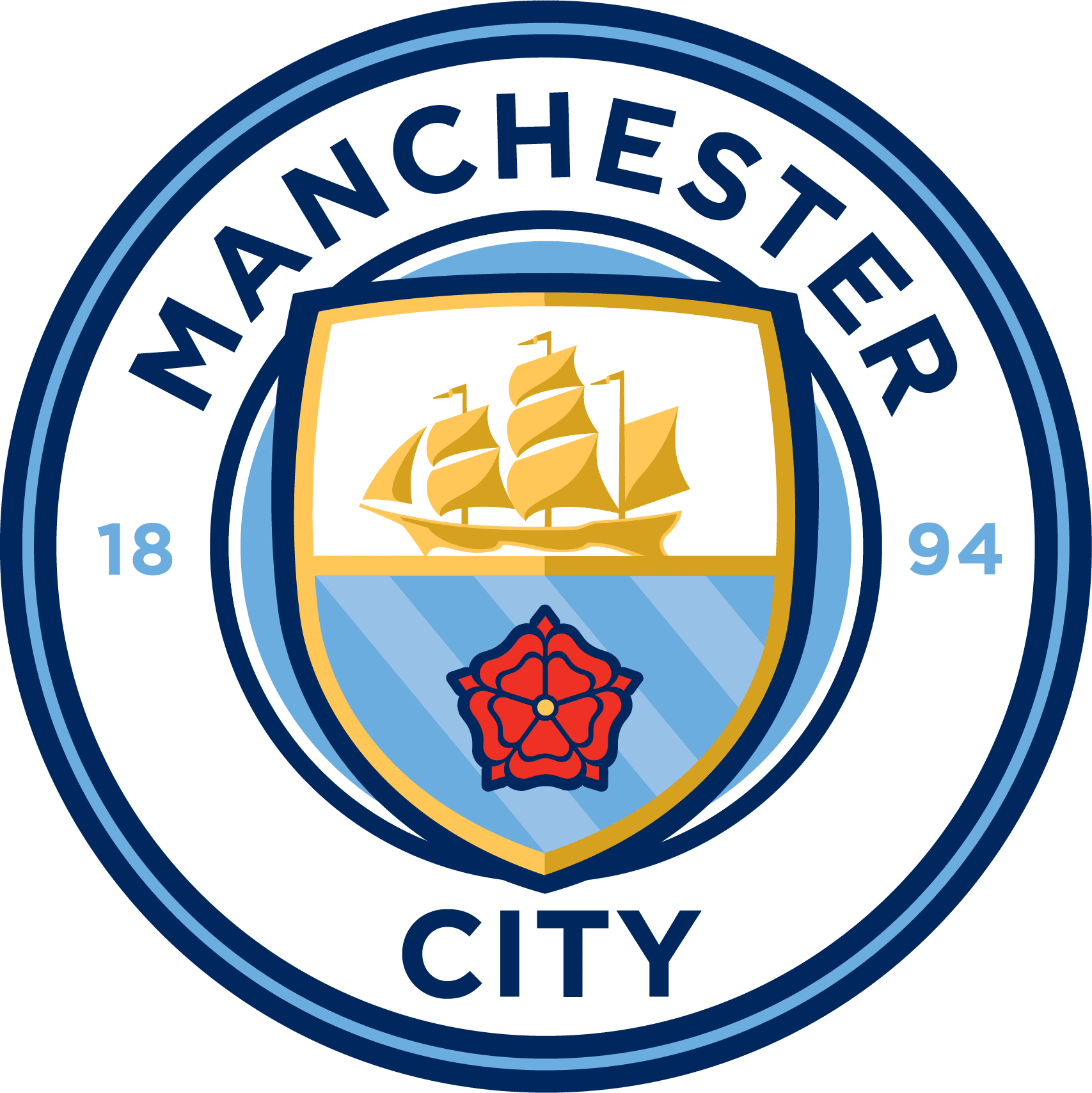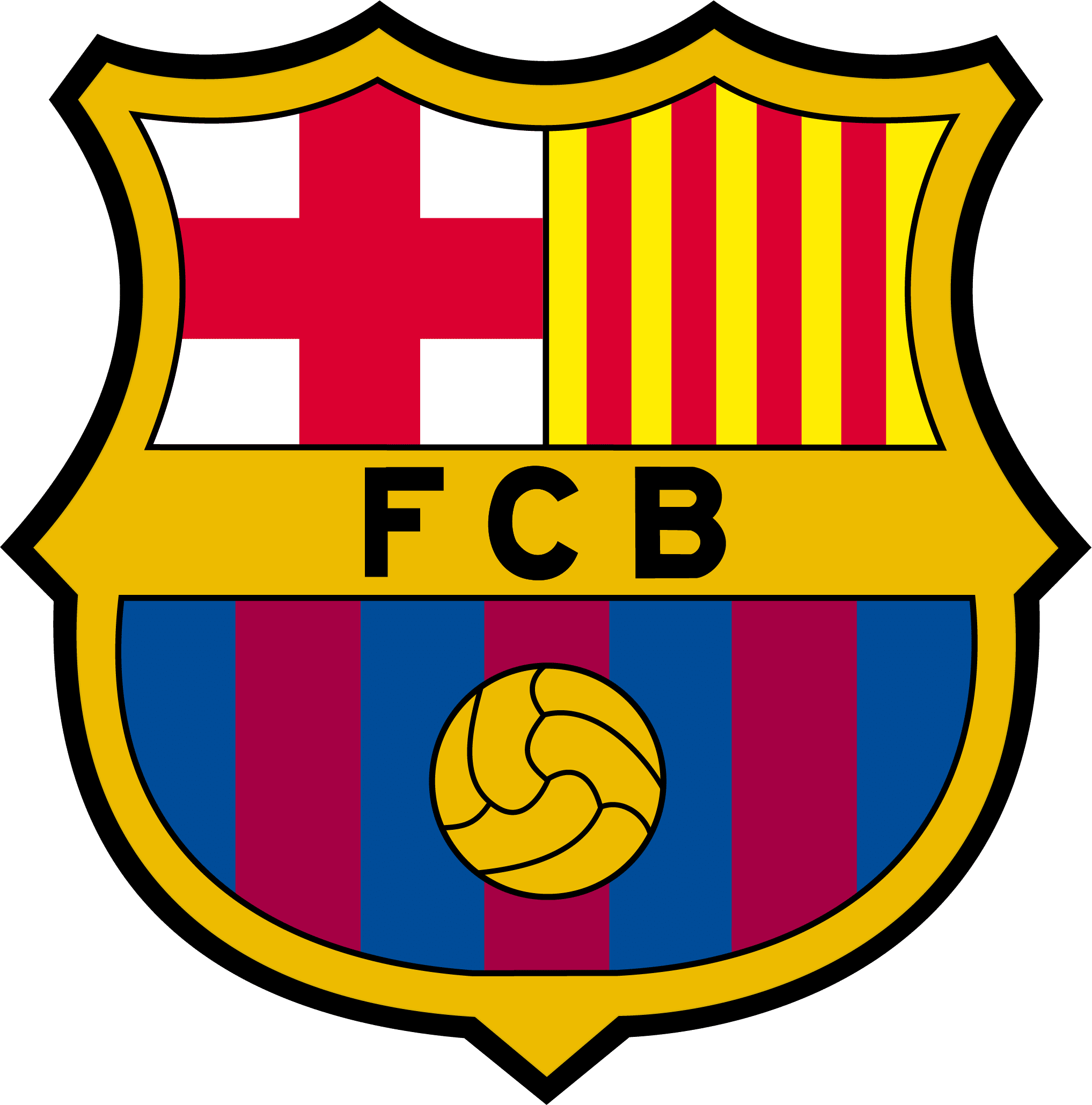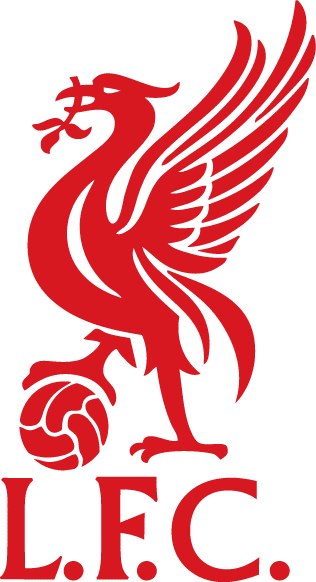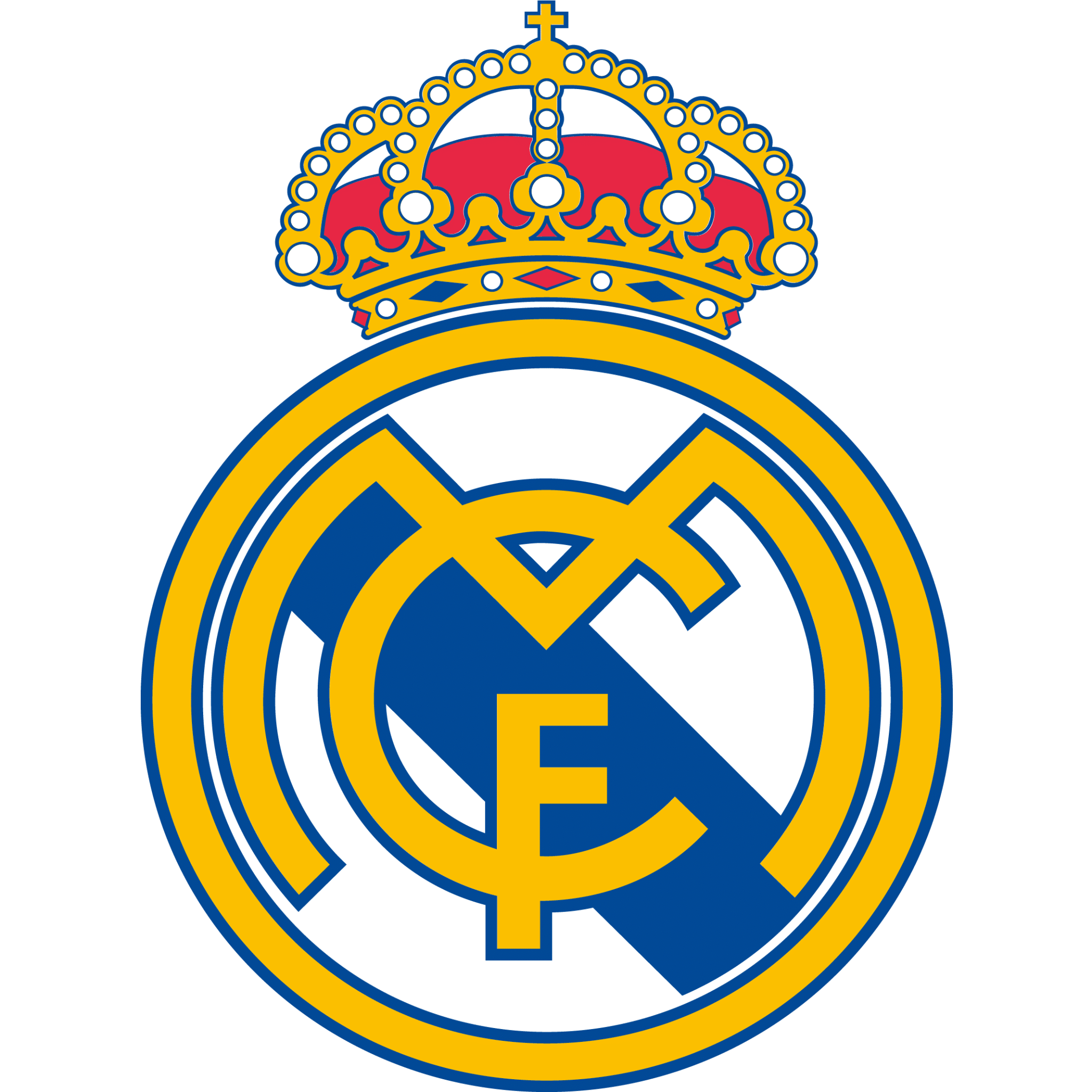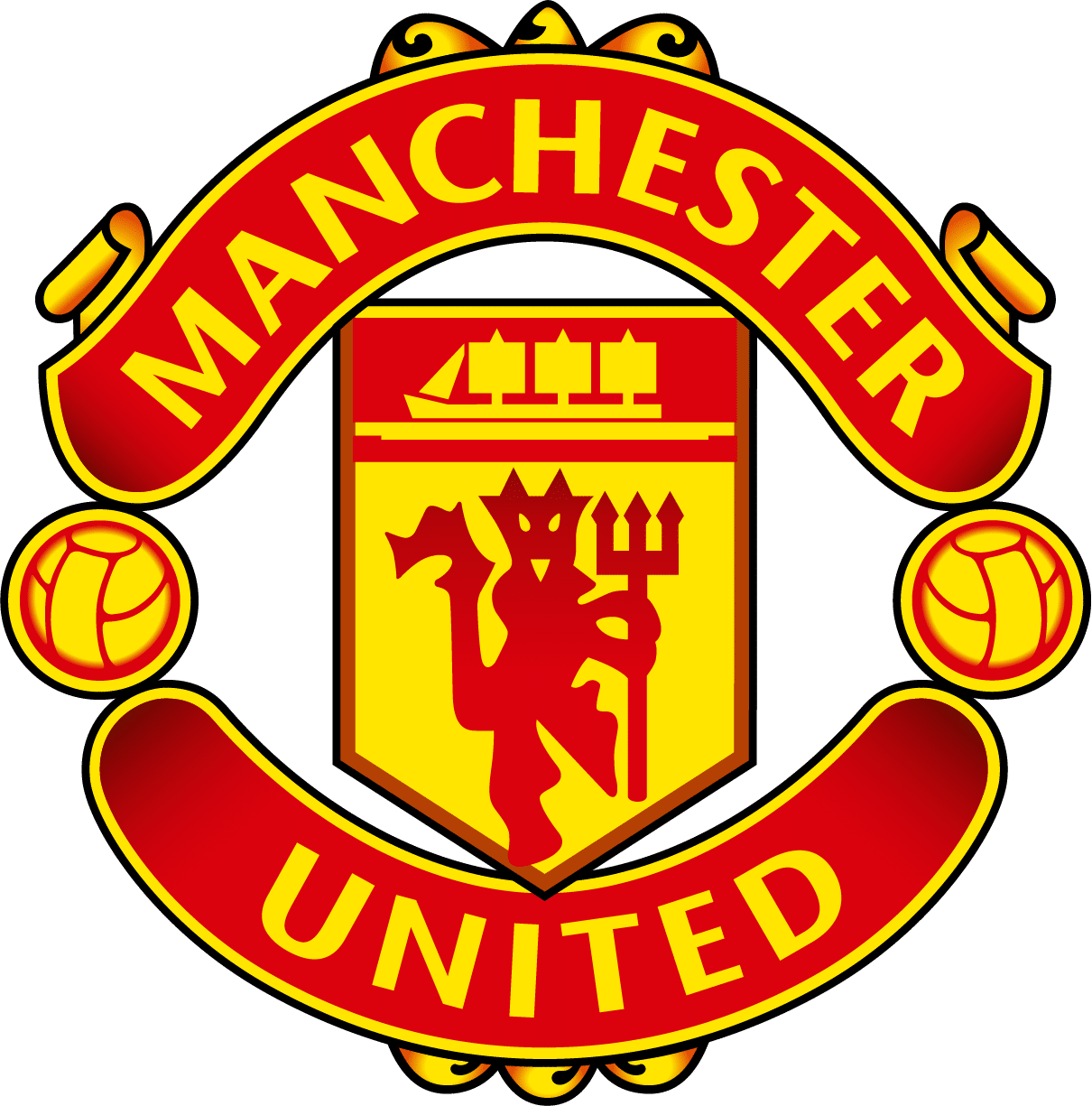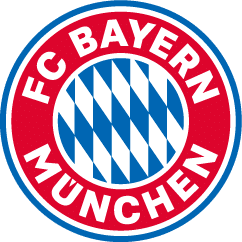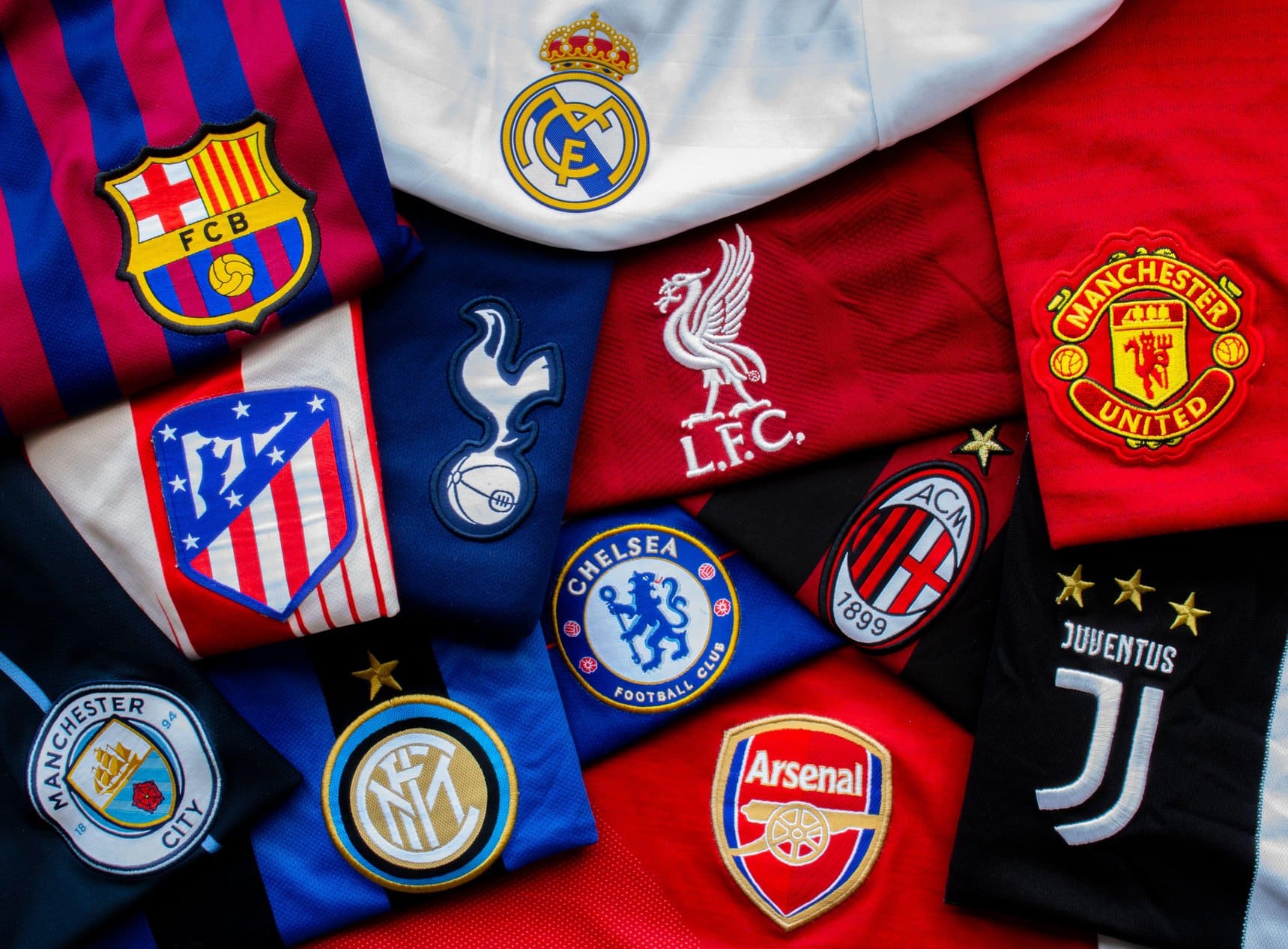Ronaldo Nazário, often simply known as Ronaldo, is widely regarded as one of the greatest footballers of all time, captivating fans with his extraordinary skill, speed, and goal-scoring ability.
Born on September 18, 1976, in Rio de Janeiro, Brazil, Ronaldo’s rise to stardom began at a young age, showcasing his immense talent at Cruzeiro before making a name for himself in Europe with PSV Eindhoven. His career was marked by remarkable achievements, including two FIFA World Cup titles in 1994 and 2002, where he played pivotal roles in Brazil’s triumphs.
Renowned for his unique blend of technical finesse and physical prowess, Ronaldo was a prolific striker who dazzled on the field, earning accolades and breaking records at clubs like Barcelona, Inter Milan, Real Madrid, and AC Milan.
Despite facing significant injury challenges, his resilience and passion for the game left an indelible mark on football history, inspiring countless players and fans around the world.
In this article, we will look back at the career of Ronaldo Nazário and what made him into the legendary player he is known as today.
Cruzeiro: 1993-1994
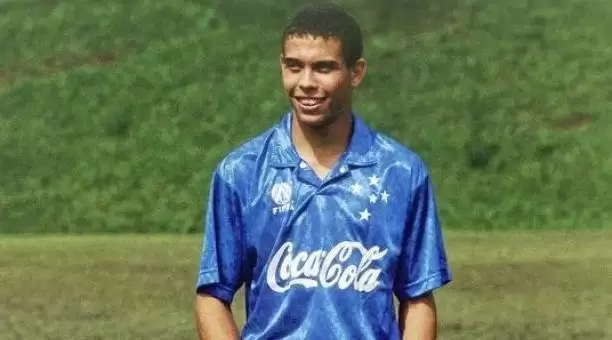
Ronaldo Nazário began his professional career at Cruzeiro, where he showcased his extraordinary talent as a teenager. Joining the club in 1993 at just 16 years old, he quickly made an impact, scoring 12 goals in his debut season.
His remarkable speed, dribbling skills, and clinical finishing caught the attention of fans and scouts alike. During his time at Cruzeiro, Ronaldo helped the team win the Copa do Brasil in 1993, further solidifying his reputation as a rising star.
After just one season, he transferred to PSV Eindhoven in the Netherlands in 1994, marking the start of his illustrious international career.
PSV: 1994-1996
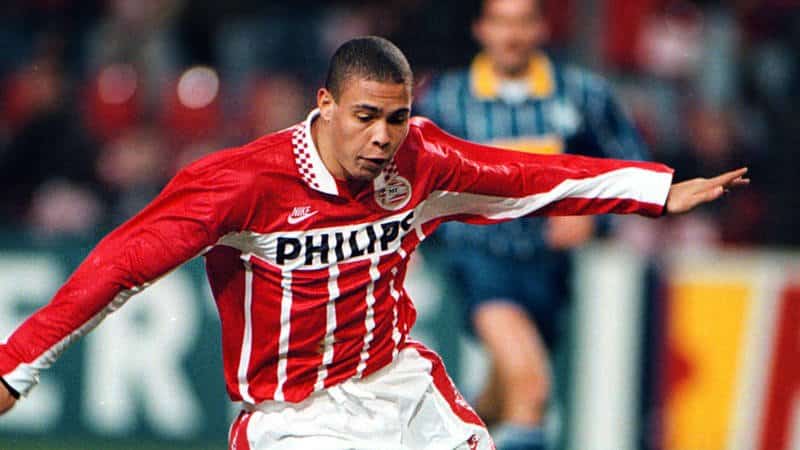
Ronaldo Nazário joined PSV Eindhoven in 1994, marking his first move to Europe and the beginning of his ascent to global stardom.
During his two seasons at the club, he made a significant impact, scoring 54 goals in 57 appearances. His explosive speed, exceptional dribbling, and clinical finishing captivated fans and established him as one of the most promising talents in football.
Ronaldo helped PSV secure the KNVB Cup in 1996, further enhancing his reputation. His outstanding performances caught the attention of top clubs across Europe, leading to his transfer to Barcelona in 1996, where he would continue to shine on the biggest stage.
Barcelona: 1996-1997
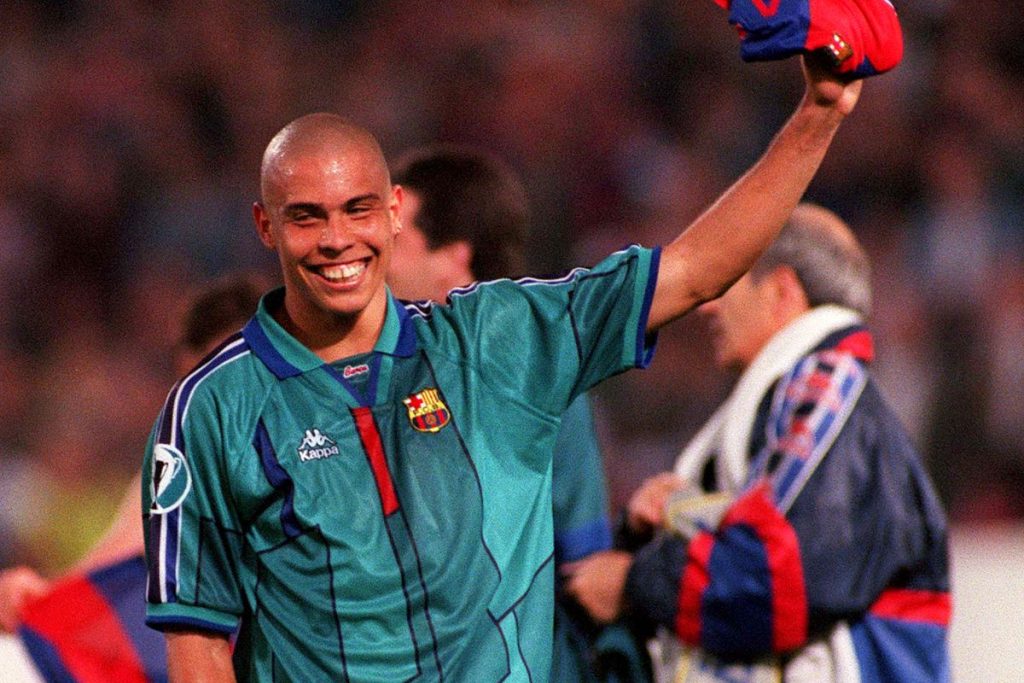
Ronaldo Nazário had a brief stint at Barcelona in the 1996-1997 season. Joining the club after his prolific spell at PSV, he quickly became a sensation in La Liga. Scoring 47 goals in 49 appearances, Ronaldo showcased his extraordinary talent, dazzling fans with his speed, dribbling, and world-class finishing.
His standout performances included a memorable hat-trick against Sevilla and a remarkable display in the Copa del Rey final, where he scored twice to secure the trophy.
Despite his success, failed contract negotiations meant his time at Barcelona was short-lived, as he transferred to Inter Milan for a world record fee the following season.
Inter Milan: 1997-2002
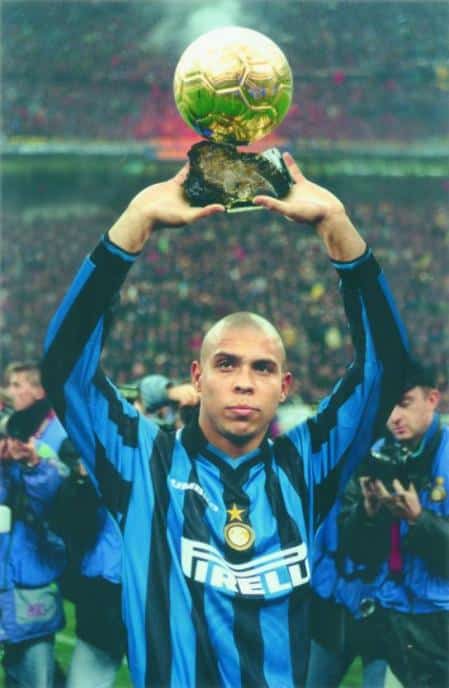
Inter Milan was Ronaldo’s next destination, joining the Italian giants in 1997. During his time with the club, he continued to impress fans all over the world with his incredible skill, speed, and goal-scoring ability.
In his first season, he scored 34 goals in 47 appearances, earning the Serie A MVP award and helping Inter secure the UEFA Cup in 1998. However, injuries began to plague his career, limiting his appearances in subsequent seasons.
Despite these challenges, Ronaldo’s brilliance shone through, and he became a fan favourite. While at Inter, Ronaldo also won the 1997 Ballon d’Or, cementing his place as one of European football’s most elite players.
Real Madrid: 2002-2007
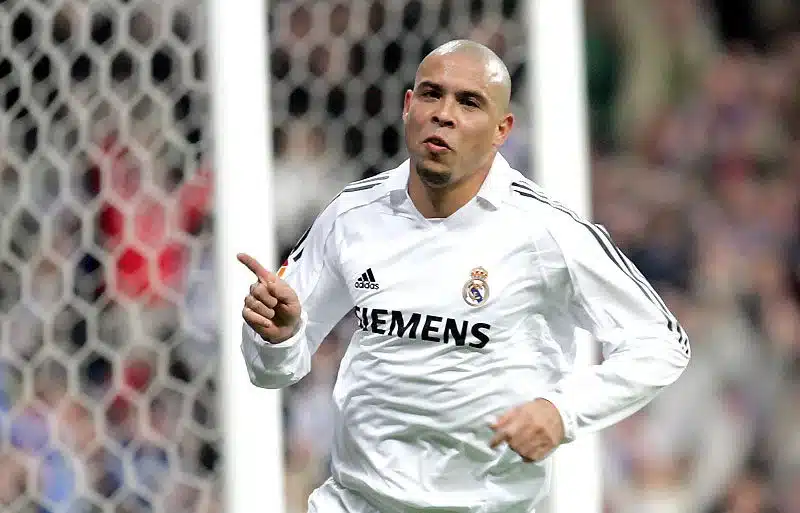
Ronaldo Nazário joined Real Madrid in 2002, becoming part of the legendary Galácticos era alongside stars like Zinedine Zidane and David Beckham. His arrival was met with immense anticipation, and he quickly lived up to the hype, showcasing his extraordinary talent and goal-scoring prowess.
Over five seasons, Ronaldo scored 104 goals in 177 appearances, making him one of the club’s most prolific strikers. He played a pivotal role in helping Real Madrid secure one La Liga title in 2007 as well as the 2002 FIFA Club World Cup.
Injuries began to catch up with Ronaldo in his later years at Madrid and despite adapting his play style to be less pace-dependent, the Brazilian decided to leave the club and move to AC Milan in 2007.
On his departure, Ronaldo thanked everyone at the club, except for manager Fabio Capello, who had previously dropped the forward due to weight issues.
AC Milan: 2007-2008
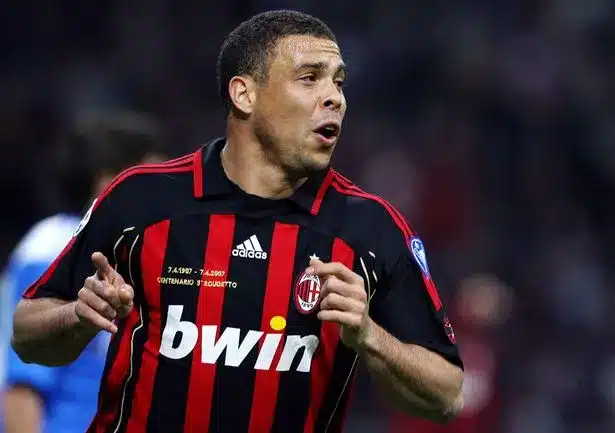
Ronaldo returned to Milan in 2007, this time joining Inter’s rivals AC Milan. His time at the club was marked by a mix of promise and injury struggles.
Despite limited appearances, he showcased flashes of his brilliance, scoring 9 goals in 20 matches during the 2007-2008 season. However, recurring injuries hindered his ability to consistently contribute.
On 13 February 2008, Ronaldo suffered a severe season-ending knee injury while jumping for a cross in Milan’s 1–1 draw with Livorno. Milan confirmed after the fixture that Ronaldo had ruptured the kneecap ligament in his left knee. It marked the third such occurrence of this injury, which he suffered twice to his right knee in 1999 and 2000.
At the end of the season, Ronaldo was released by Milan, who opted to not renew the Brazilian’s contract.
Corinthians: 2009-2011
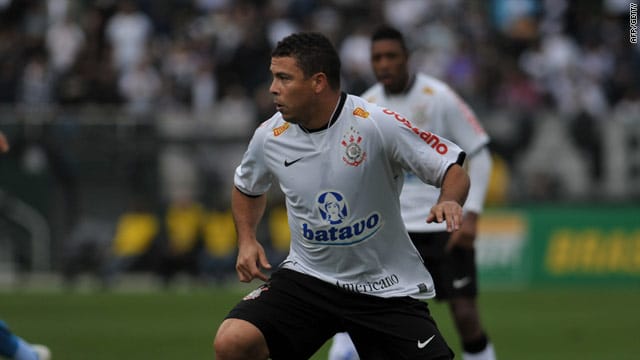
Despite originally training with his boyhood club Flamengo, Ronaldo was offered a contract by fellow Brazilian club Corinthians, which he accepted.
Ronaldo played a crucial role in leading Corinthians to victory in the 2009 Copa do Brasil and the Campeonato Paulista. His return to form included memorable performances, although injuries continued to plague him.
Despite these challenges, he scored 35 goals in 69 appearances, leaving a lasting legacy. Ronaldo announced his retirement in 2011 due to continuous injuries and health issues.
Brazil: 1994-2011
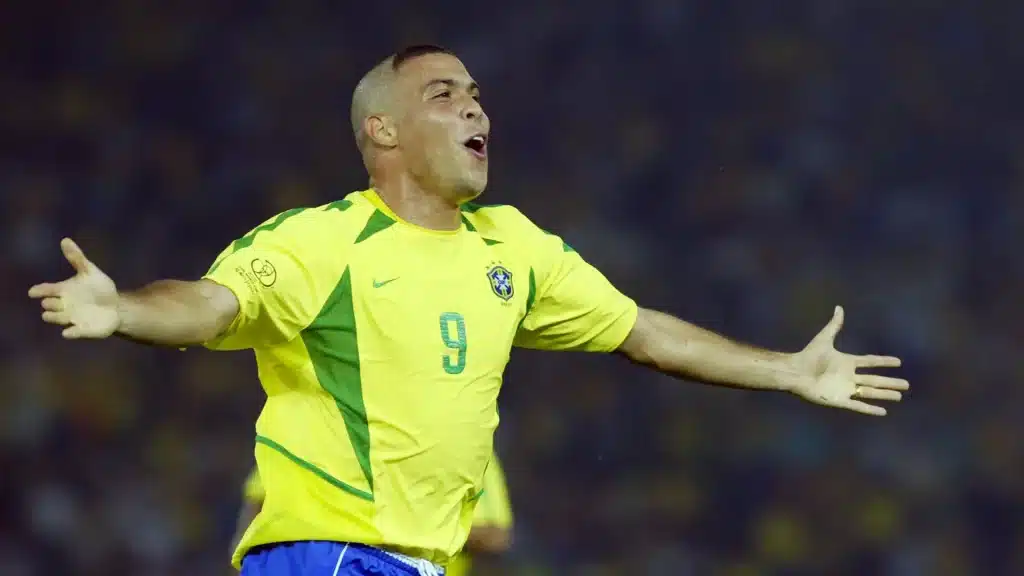
Ronaldo Nazário’s career with the Brazilian national team spanned from 1994 to 2006, during which he established himself as one of the greatest forwards in football history. He made his debut at just 17 years old and quickly became a key player for Brazil.
Ronaldo’s most notable achievements came during the FIFA World Cups; he was instrumental in Brazil’s triumph in 1994, although he did not play in the final. His true brilliance shone in the 2002 World Cup, where he scored eight goals, including two in the final against Germany, leading Brazil to its fifth title.
Throughout his international career, Ronaldo earned 98 caps and scored 62 goals, making him one of Brazil’s all-time leading scorers. Ronaldo’s impact on Brazilian football remains profound, inspiring future generations of players and leaving an indelible mark on the sport.
Since retirement, Ronaldo continues to be an ambassador of the sport as well as having shares in football clubs such as Real Valladolid and Cruzeiro.

